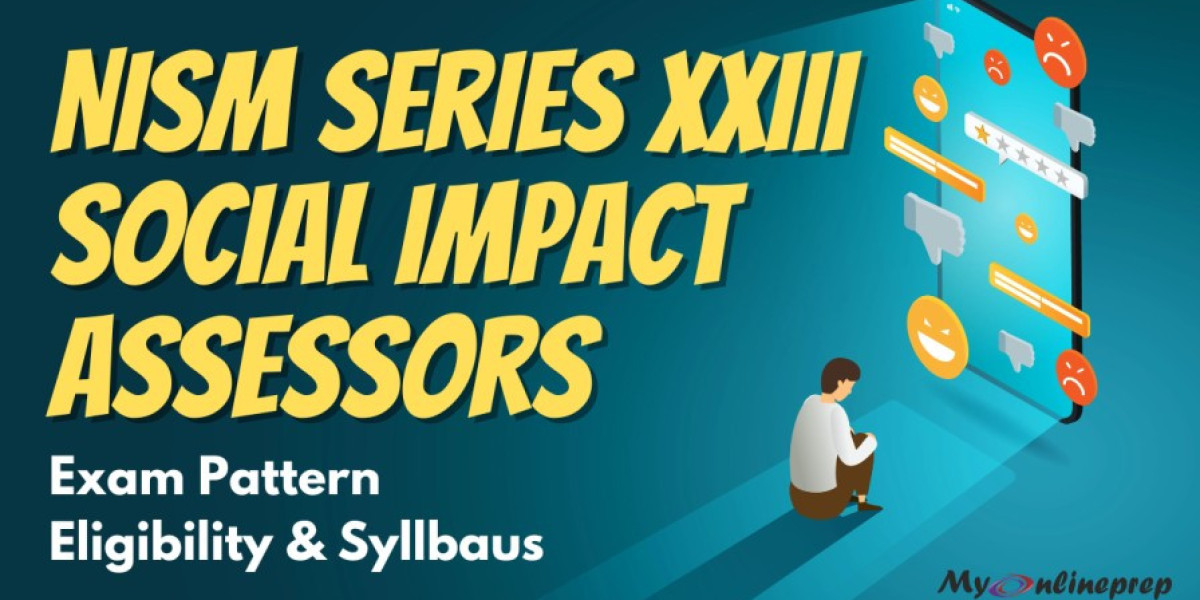The NISM Series V-A Mutual Fund Distributors Certification Examination is designed to assess the knowledge and skills of individuals seeking to work as mutual fund distributors in India. Passing this exam is mandatory for obtaining the certification necessary to operate in this field. This article provides a comprehensive NISM VA Study Material summary for aspiring candidates to prepare effectively.
1. Understanding Mutual Funds
Definition and Structure
A mutual fund pools money from multiple investors to invest in various securities like stocks, bonds, and money market instruments. The key components of mutual funds include:
- Sponsor: The entity responsible for establishing the mutual fund.
- Trustee: Ensures that the mutual fund operates in the best interest of investors.
- Asset Management Company (AMC): Manages the fund's portfolio.
- Custodian: Holds the fund's assets.
Types of Mutual Funds
- Equity Funds: Invest primarily in stocks for long-term growth.
- Debt Funds: Focus on fixed-income securities, offering stable returns.
- Hybrid Funds: Combine equity and debt for balanced risk and return.
- Money Market Funds: Invest in short-term instruments like Treasury bills.
- Index Funds and ETFs: Track a market index and are passively managed.
2. Regulatory Framework
SEBI Regulations
The mutual fund industry in India is regulated by the Securities and Exchange Board of India (SEBI). Key SEBI guidelines include:
- Mandatory disclosures to investors.
- Restrictions on fund investments to protect investor interests.
- Regular audits and compliance checks for AMCs.
AMFI Role
The Association of Mutual Funds in India (AMFI) promotes ethical practices and enhances investor education. It maintains a database of registered distributors.
3. Mutual Fund Operations
NAV Calculation
The Net Asset Value (NAV) represents the per-unit value of a mutual fund. It is calculated as:
NAV=(Total Assets - Total Liabilities)Number of Units\text{NAV} = \frac{\text{(Total Assets - Total Liabilities)}}{\text{Number of Units}}NAV=Number of Units(Total Assets - Total Liabilities)
Expense Ratio
This metric indicates the percentage of fund assets used for management and administrative costs. A lower expense ratio benefits investors.
Performance Measurement
- CAGR (Compound Annual Growth Rate) evaluates long-term fund performance.
- Alpha and Beta analyze risk and returns compared to the benchmark.
4. Distribution and Marketing of Mutual Funds
Role of Distributors
Distributors are intermediaries who connect AMCs with investors. They provide insights into fund selection, asset allocation, and market trends.
Marketing Strategies
- Educating investors about mutual fund benefits.
- Providing tools like SIP (Systematic Investment Plan) calculators.
- Highlighting tax-saving options under Section 80C.
Distribution Channels
- Direct Plans: Offered directly by AMCs without intermediaries.
- Regular Plans: Distributed through agents or advisors.
5. Risk and Return in Mutual Funds
Types of Risks
- Market Risk: Fluctuations in stock or bond prices.
- Credit Risk: Default by bond issuers.
- Interest Rate Risk: Changes in interest rates affecting bond prices.
Return Expectations
- Historical returns provide a benchmark but are not guaranteed.
- Diversification reduces risk but may limit potential returns.
6. Taxation and Compliance
Taxation of Mutual Fund Investments
- Equity Funds: Gains are taxed as short-term (15%) or long-term (10% for gains exceeding ₹1 lakh).
- Debt Funds: Short-term gains are taxed as per the investor's income slab, while long-term gains attract 20% tax post-indexation.
Investor Obligations
- KYC (Know Your Customer) compliance is mandatory for all mutual fund investors.
- Investors should monitor their investments regularly and comply with tax regulations.
7. Investor Services
Account Statements
Investors receive periodic account statements detailing their investments, NAVs, and transactions.
Redemption Process
Funds can be redeemed partially or fully, with proceeds credited to the investor's account.
Grievance Redressal
SEBI and AMFI provide mechanisms for addressing investor complaints against AMCs or distributors.
8. Ethics and Code of Conduct
Mutual fund distributors must adhere to a professional code of ethics, including:
- Acting in the best interest of investors.
- Avoiding conflicts of interest.
- Maintaining confidentiality of client information.
Preparation Tips
- Understand the Concepts: Focus on foundational topics like NAV, types of funds, and regulatory frameworks.
- Mock Tests: Practice mock exams to assess your understanding and improve time management.
- Stay Updated: Follow market trends and regulatory updates.
Passing the NISM VA Study Material not only equips you with essential knowledge but also ensures compliance with industry standards, enabling a successful career in mutual fund distribution.
Discover More At:- nism va || nism va mock test || nism 5a mock test || nism va mock test free || nism 5a mock test free || nism va study material || nism 5a study material || nism series va mock test || nism 5a pdf || nism 5a registration || nism mock test series 5a || nism series 5a || nism va certification || nism va exam
Read More: - https://www.myonlineprep.com/free-quiz/nism/nism-5a-free-quiz
Follow Us on Facebook: - https://www.facebook.com/myonlineprep/
Follow Us on Twitter: - https://twitter.com/myonlineprep
Follow Us on YouTube: - https://www.youtube.com/myonlineprep
Follow Us on Linkedin: - https://www.linkedin.com/company/myonlineprep/
Address: - Rafin Education India Pvt Ltd 405, Emarat Firdaus, Exhibition Road, Patna - 800006 (IN)
Call US: +91 92641 49917
Email US: - [email protected]








